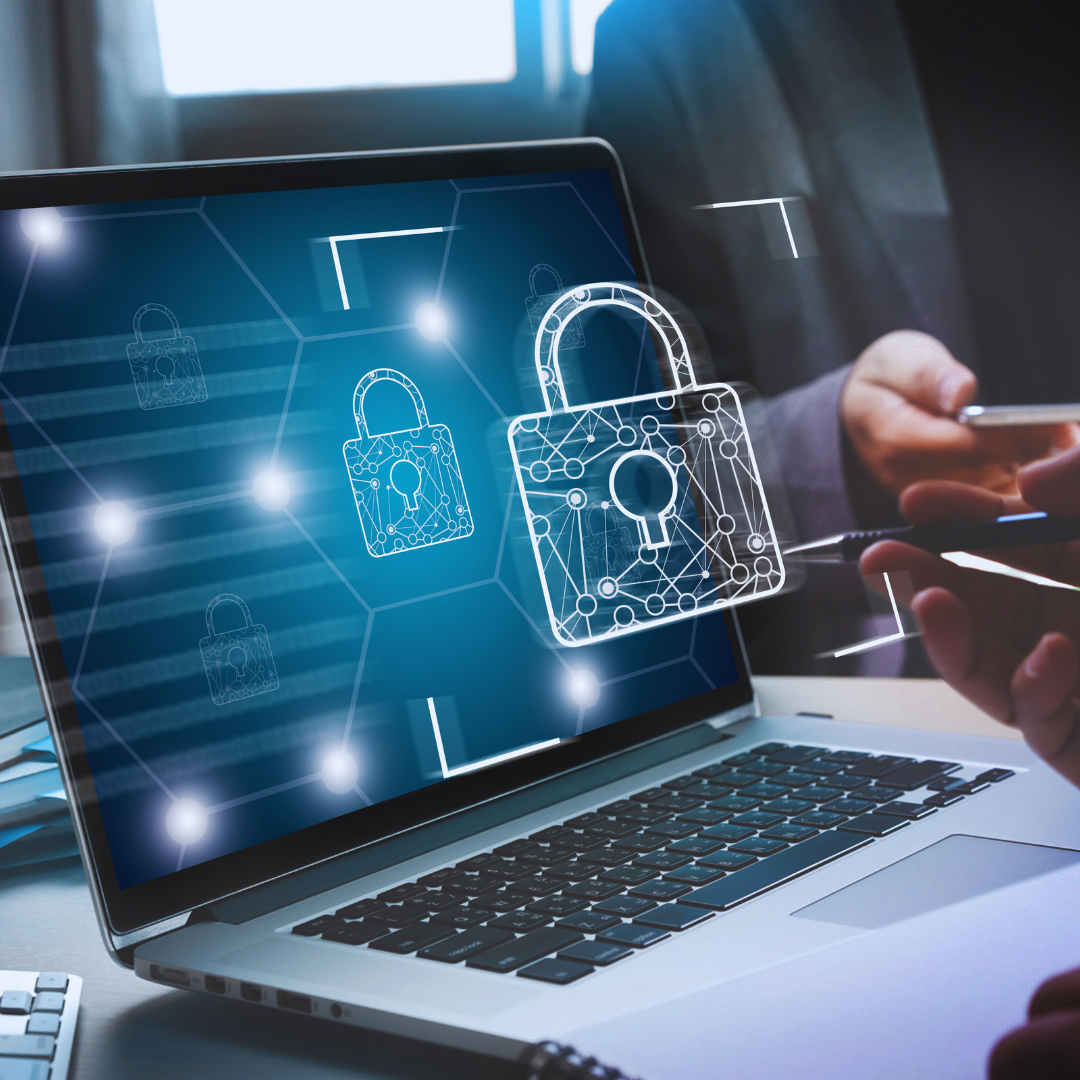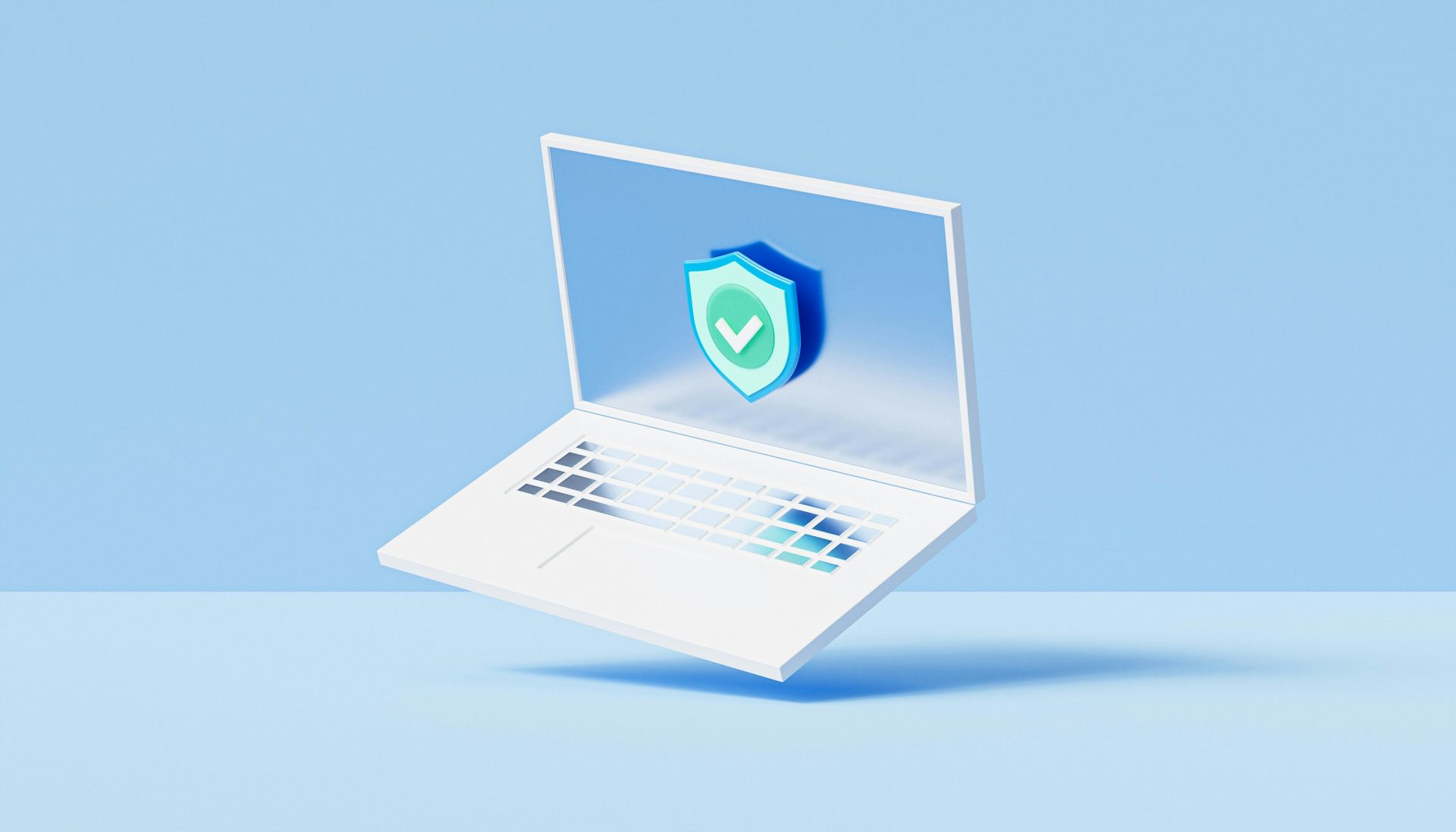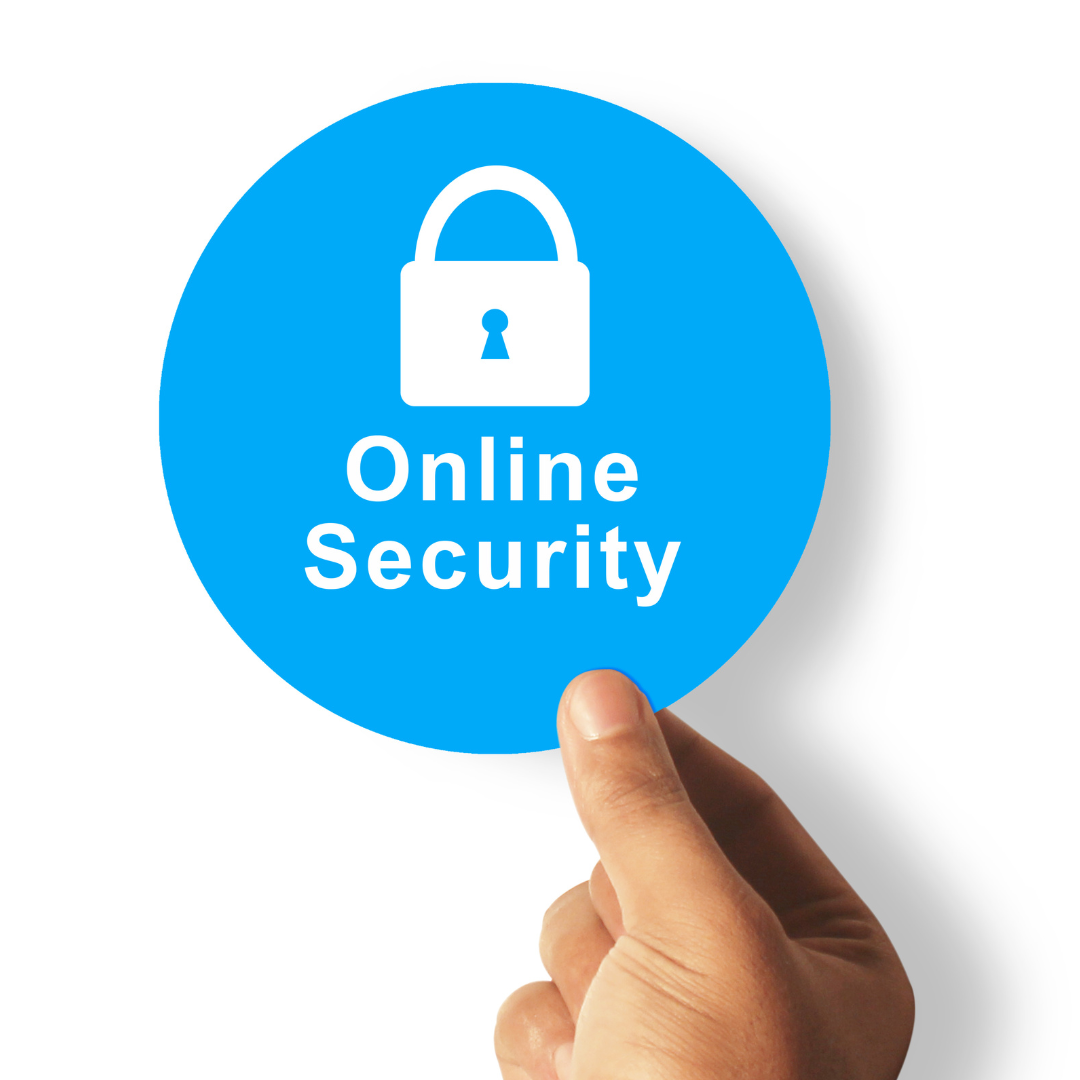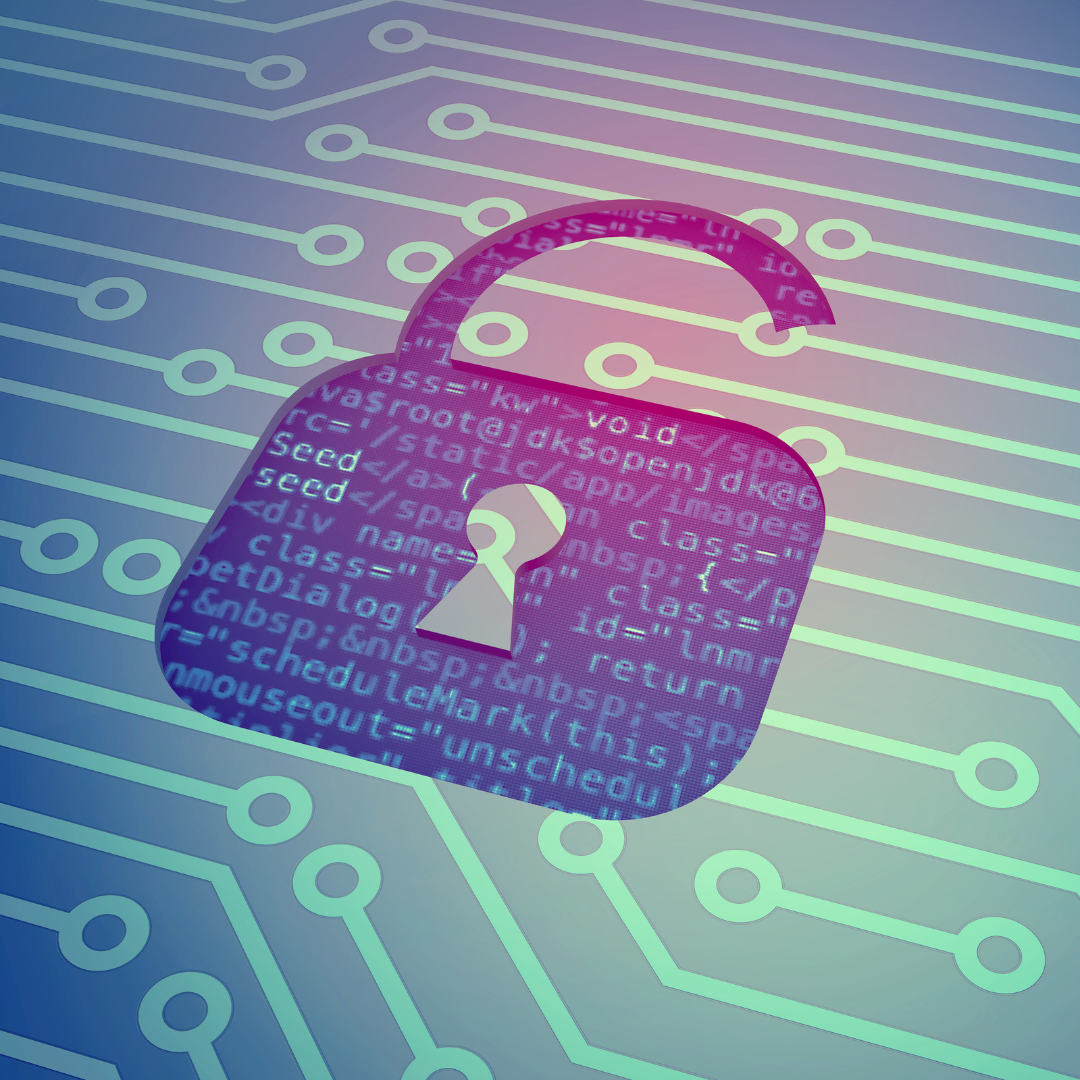In today’s digital landscape, understanding how to stay safe online is more crucial than ever. With cyber threats evolving daily, individuals must take proactive steps to protect themselves. Implementing strong passwords, being cautious with personal information, and recognising phishing attempts are essential strategies for ensuring online safety.
Navigating the internet can pose various risks, from identity theft to malicious software. Users should educate themselves about common vulnerabilities and adopt security measures to defend against them. Staying informed about the latest security practices empowers individuals to safeguard their online presence effectively.
Online safety requires continuous vigilance and an informed approach. By prioritising security in their digital activities, individuals can significantly reduce the potential for harm while enjoying all that the internet has to offer.
Understanding Online Threats
Awareness of online threats is crucial for safe internet usage. These threats can take various for
ms, from deceptive practices aimed at stealing personal information to malicious software that compromises devices. This section discusses key areas of concern, including phishing, malware, privacy issues, and identity theft.
Phishing and Scams
Phishing involves tricking individuals into providing sensitive information, such as passwords or bank details. Cybercriminals often employ emails or messages that appear legitimate, prompting recipients to click on fraudulent links.
Common indicators of phishing attempts include:
- Unusual sender addresses
- Urgent language prompting immediate action
- Unexpected attachments
Users should verify sender’s details and avoid clicking links in unsolicited emails. Internet security software can help detect phishing sites before personal information is compromised. Staying educated about the latest scams is one of the best defences against these threats.
Another effective way to protect yourself from phishing scams is by using a trusted directory that keeps track of websites reported for suspicious or fraudulent activity. These directories are regularly updated with input from users who have encountered scam sites, helping others avoid falling into the same traps. Before interacting with an unfamiliar website – especially when it involves entering personal or financial details – you can consult resources like this mtgal recommendation (also known as mtgal 추천) to see if the site has already been flagged. If you come across a site that seems unsafe, you can contribute by reporting it as well. This collective approach not only shields you but also helps create a safer online environment for everyone.
Malware and Cybercrime
Malware is malicious software designed to harm or exploit devices. This includes viruses, Trojans, and ransomware, which can cripple systems or steal information. Cybercriminals often distribute malware through infected downloads or compromised websites.
Proactive measures to protect against malware include:
- Installing reliable antivirus software
- Regular updates to software and operating systems
- Avoiding unknown download sources
Cybercrime not only affects individuals but can also target businesses, leading to significant financial losses. Being vigilant and utilising effective security tools is essential in minimising vulnerabilities.
Privacy and Personal Information
Maintaining privacy online is increasingly challenging. Every interaction on the internet contributes to an individual’s digital footprint. Information shared on social media or websites can be harvested by cybercriminals for malicious purposes.
Key practices for safeguarding personal information include:
- Adjusting privacy settings on social media
- Using strong, unique passwords for different accounts
- Avoiding oversharing of personal details
Individuals should also be cautious about the information shared online, as it can be used for various fraudulent purposes. Regularly reviewing privacy settings ensures a better handle on one’s information.
Identity Theft
Identity theft occurs when someone uses another person’s personal information to commit fraud. This can involve credit card misuse, loans taken out in the victim’s name, or even medical identity theft.
To protect against identity theft, individuals should:
- Monitor financial statements regularly
- Place fraud alerts on credit reports
- Utilise services that monitor identity theft
In cases where identity theft is suspected, immediate action must be taken to limit damage. Prompt reporting to banks and credit agencies is critical for resolution.
Securing Your Online Presence
Protecting your online identity is crucial in today’s digital landscape. Implementing robust security measures can significantly reduce the risk of personal information being compromised.
Creating Strong Passwords
A strong password is essential for safeguarding online accounts. It should be at least 12 characters long and incorporate a mix of uppercase letters, lowercase letters, numbers, and special characters.
Using unique passwords for different accounts is vital. This practice ensures that a breach in one account does not compromise others. Password managers can assist by generating and storing complex passwords securely.
Regularly changing passwords, especially after any suspicious activity, adds an extra layer of security. Conduct security checkups with services like Google to identify weak passwords and receive recommendations for stronger alternatives.
The Role of 2-Step Verification
Two-step verification (2SV) adds an important layer of security. After entering the password,
users must provide an additional form of verification, such as a code sent to their phone.
This method significantly reduces the likelihood of unauthorised access. Even if a password is compromised, the second step acts as a barrier.
Enabling 2SV on important accounts, such as Google accounts, is recommended. It provides a robust defence against hacking attempts and can help users regain access in case of a breach.
Regular Updates and Security Patches
Keeping operating systems and applications updated is crucial for security. Developers frequently release updates that include security patches addressing vulnerabilities.
Enabling automatic updates can ensure that devices receive these critical patches promptly.
This reduces the window of opportunity for attackers.
Users should regularly check for updates on software and applications. Many security breaches occur due to outdated software that is susceptible to known exploits.
Using Secure Connections
Secure connections protect data transmitted online. Websites should use HTTPS rather than HTTP, as HTTPS encrypts the data exchanged between the user and the site.
Using a Virtual Private Network (VPN) can add another layer of protection, especially on public Wi-Fi. A VPN encrypts online activity, preventing malicious actors from intercepting data.
It is also important to avoid accessing sensitive information on unsecured networks. Always ensure that a secure connection is established before sharing personal data online.
Practical Tips for Safe Online Behaviour
Staying safe online involves a variety of strategies that can help protect personal information and ensure a secure digital experience. Important areas of focus include avoiding suspicious links, developing safe browsing habits, protecting financial data, responsible use of mobile devices, and effectively dealing with online bullying.
Avoiding Suspicious Links
Suspicious links can lead to phishing sites or malware. Users should hover over links to check the URL before clicking. Instead of clicking on a link in an email or message, typing the web address directly into the browser is safer.
Always verify the sender before engaging with any links. An unexpected email from a known contact may signal a compromised account. When using platforms like Gmail, enable spam filters to help identify risky emails.
Using browser extensions designed to detect phishing or malicious links can provide an additional layer of security. Regularly updating software also helps protect against vulnerabilities that can be exploited through these links.
Safe Browsing Habits
Practising safe browsing is crucial for online security. This includes using secure websites, indicated by “https://” rather than “http://”. Users should always top up their awareness of online threats and use comprehensive security solutions that include firewalls and antivirus programs.
Incognito or private browsing modes can help maintain privacy by not storing browsing history. Clearing cookies regularly also reduces tracking by advertisers and potential threats.
Bookmarking frequently visited and trusted sites can minimise the risk of entering fraudulent web addresses. Educating oneself about common internet scams can empower users to navigate the online world more securely.
Protecting Financial Information
Safeguarding financial information is paramount. Users should only conduct transactions on secure websites, verified by security certificates. Avoiding public Wi-Fi for financial transactions is essential due to increased risks.
Using strong, unique passwords for banking and financial accounts is vital. Password managers can help generate and store complex passwords securely. Regularly monitoring bank statements for unauthorised transactions can also aid in early detection of fraud.
Setting up alerts for transactions and using two-factor authentication can enhance security further. These practices help ensure financial data remains protected against unauthorised access.
Responsible Use of Mobile Devices
Mobile devices can be vulnerable if not secured properly. Users should ensure that their operating systems and apps are updated to protect against new threats. Activating security features like biometric logins can enhance protection.
Downloading apps only from official stores reduces the risk of malicious software. Users should check app permissions and be cautious with apps that request excessive access to personal information.
Using a virtual private network (VPN) when accessing public Wi-Fi adds an extra layer of security. Regularly reviewing and managing installed apps can help identify and remove potential threats, keeping devices secure during online interactions.
Dealing with Online Bullying
Addressing online bullying requires awareness and action. Users should document incidents to highlight patterns and provide evidence. Most platforms have reporting features; users are encouraged to utilise them to report abusive behaviour.
Blocking bullies can prevent further harassment and create a safer online environment. Conversations with trusted friends or family can provide support and guidance on dealing with bullying.
Awareness of available resources, such as helplines or support groups, can further help victims cope. Educating oneself and others about the impact of online bullying fosters a more respectful digital community.





